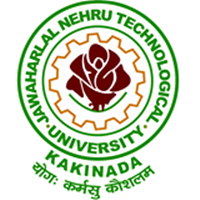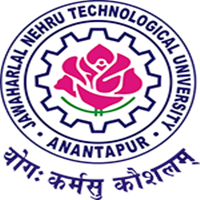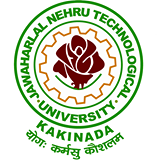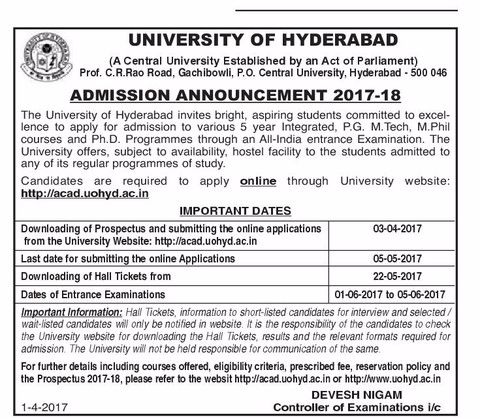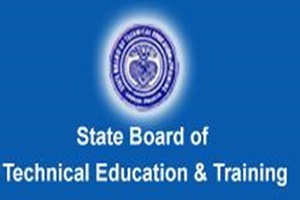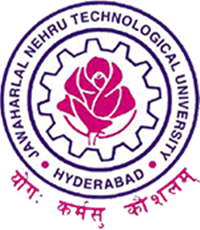Odisha Postal Circle Recruitment 2017: Apply online for 1072 Gramin Dak Sevak posts at indiapost.gov.in or appost.in. Applications are invited by the respective appointing authority as shown in the annexure ‘B’ against each post, from eligible candidates for the selection and engagement to the posts of Gramin Dak Sevaks under Odisha circle as listed in the Annexure.
Odisha Postal Circle Recruitment 2017 – Apply Online for 1072 Gramin Dak Sevak (Postman) Jobs
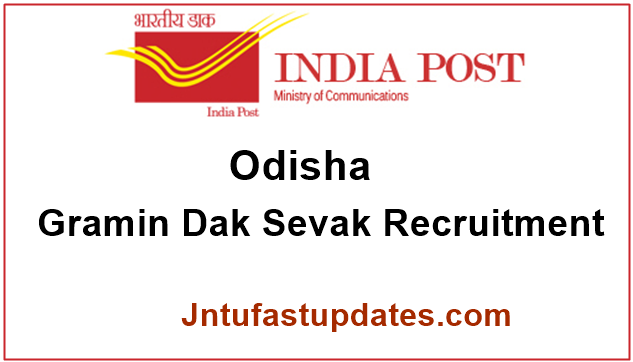
Odisha Postal Circle has published notification for the recruitment of 1072 Gramin Dak Sevak vacancies in the Odisha Postal Circle. Eligible candidates may apply online from 18-03-2017 to 19-04-2017. Other details like age limit, educational qualification, selection process, application fee & how to apply are given below.
Odisha Post Office Recruitment 2017 – Odisha Gramin Dak Sevak Recruitment
| Name of The Organisation | Odisha Postal Circle |
| Location | Odisha |
| Job Category | Govt Jobs |
| Name of the Post | Gramin Dak Sevak |
| Total Vacancies | 1072 |
| Application Mode | Online |
| Selection Process | Written Exam and Merit List |
| Official Website | www.appost.in & www.indiapost.gov.in |
Odisha Postal Circle Vacancy Details:
Total No. of Posts: 1072
Name of the Post: Gramin Dak Sevak Vacancy Position for Odisha Circle (Postman)
For All Posts:
- Application online Submission Start Date: 18/03/2017
- Apppication online Submission End Date: 19/04/2017
Name of the Divisions & No of Posts:
1. UR: 582 Posts
2. OBC: 97 Posts
3. SC: 157 Posts
4. ST: 236 Posts
Name of the Division:
1. Aska: 58 Posts
2. Berhampur: 61 Posts
3. BG Division: 15 Posts
4. Kalahandi: 20 Posts
5. Koraput: 82 Posts
6. Phulbani: 24 Posts
7. Balasore: 34 Posts
8. Bhadrak: 130 Posts
9. Bhubaneswar: 09 Posts
10. Cuttack City: 11 Posts
11. Cuttack North: 71 Posts
12. Cuttack South: 61 Posts
13. Mayurbhanj: 54 Posts
14. N Division: 49 Posts
15. Puri: 62 Posts
16. Balangir: 54 Posts
17. Dhenkanal: 49 Posts
18. K Division: 13 Posts
19. Keonjhar: 102 Posts
20. Sambalpur: 77 Posts
21. Sundargarh: 36 Posts
Community wise Consolidation of Posts[/su_table]
| Community | No of Posts |
| UR | 582 |
| OBC | 97 |
| SC | 157 |
| ST | 236 |
| Total | 1072 |
Odisha Post office recruitment 2017 Eligibility:
Age Limit: The minimum and maximum age for the purpose of engagement to Gramin Dak Sevaks posts shall be between 18 and 40 years as on the last date of submission of application through online. The maximum age shall be relaxable by 03 (three) years to those belonging to OBC categories and 05 (five) years in case of candidates belonging to SC/ST. [10 years for PH above the respective category]
Educational Qualification: The candidate should pass 10th standard from approved state boards by the respective State Govt. / Central Govt. The state wise list of approved boards is at Annexure ‘A’. No weightage will be given for possessing any qualification(s) higher than the mandatory educational qualification. The Candidate passed Xth class examination in first attempt will be treated as meritorious against those passed compartmentally.
COMPUTER KNOWLEDGE:- The candidate should have computer knowledge and will be required to furnish basic computer training certificate for at least 60 days from a recognized Computer Training Institute. Certificates from Central Government/ State Government/ University/ Boards etc., will also be acceptable for this purpose. This requirement of basic computer knowledge certificate shall be relaxable in cases where a candidate has studied computer as a subject in Class X or Class XII or higher educational qualification provided the candidate submits a certificate of Class X or Class XII or higher educational qualification in which he/she has studied computer as a subject.
RESIDENCE:- The candidate selected for the post of GDS BPM must mandatorily take up his/her residence in the Branch Post Office village within one month after selection but before engagement as Gramin Dak Sevak Branch Postmaster. The candidate shall submit a declaration to this effect in the application. The candidate selected for the post of other than GDS BPM should reside in post village/delivery jurisdiction.
ADEQUATE MEANS OF LIVELIHOOD:- The candidate applying for the post shall note that he/ she will have adequate means of livelihood to support himself/ herself and his/ her family from other sources so as to have to supplement his/her income. However, this shall not be a pre requisite for candidates for the purpose. Selected candidate shall be required to comply with this condition within 30 days after selection but before engagement. The candidate shall furnish an undertaking in the application itself that he/ she has other sources of income besides the allowances to be paid by the Government for adequate means of livelihood for himself/ herself and his/her family. The candidate after selection as Gramin Dak Sevak shall have to give the undertaking again before engagement.
FURNISHING OF SECURITY:– The candidate applying for the post shall note that he/she shall furnish security amount of Rs. 25,000/- in the event of his/her engagement for the post of BPM and Rs. 10,000/- for other categories. The security shall be in the form of Fidelity Guarantee bond or National Savings Certificate pledged to the Department of Posts in the name of the President of India.
Selection Process:
- Selection will be made as per the automatic generated merit list as per the rules based on the candidates online submitted applications.
- No weightage will be given for higher educational qualification. Only marks obtained in 10th standard of approved Boards aggregated to percentage to the accuracy of 4 decimals will be the criteria for finalizing the selection. Passing of all the subjects as per the respective approved board norms is mandatory for taking candidate into account for calculating the merit.
- In case candidates get the same marks, the merit order would be taken as DOB(higher age as merit), ST female, SC female, OBC female, UR female, ST Male, SC Male, OBC male, UR male.
Application Fee: Candidates should pay Rs. 100/- for OC/ OBC Male candidates paid at any Head Post Office. No fee for All Female and SC/ ST candidates.
How to apply: Candidate who desires to apply online will have to register himself in the portal through https://indiapost.gov.in or https://appost.in/gdsonline with the basic details to obtain the Registration Number.
How to Apply Odisha Post Office Vacancy 2017 & Online Application Process
Candidates belonging to SC/ST and Female need not to pay Fee. They Can Register and apply Online directly with Registration Number. Candidates belonging to UR/OBC Male are required to make Fee payment after Registration Process and can Apply Online after availability of Fee ID and Registration Number. Candidates who has to pay fee payment can make payment only at Head Postoffices. No other mode of payment is allowed. Click here for list of offices
Registration | Apply Online for GDS posts
- Go to Ap postal circle official website https://indiapost.gov.in or https://appost.in/gdsonline
- Eligible candidates can click on Apply Online link
- Read all the instructions before start filling the application
- Use your personal, academic qualification, skills and experience information
- Then upload the scanned copies of all supporting documents
- Pay the application fee based on the category
- Click the submit button and complete the process of application
For more details like computer knowledge, residence, furnishing of security & other information click on the links given below:
Download the official Recruitment Advt
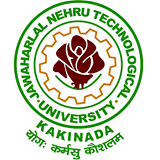

320-x100(1).gif)
